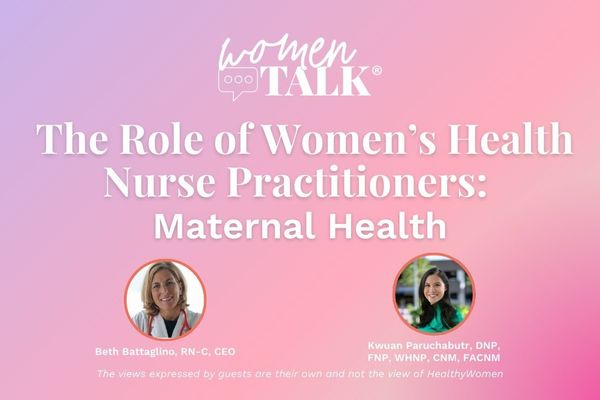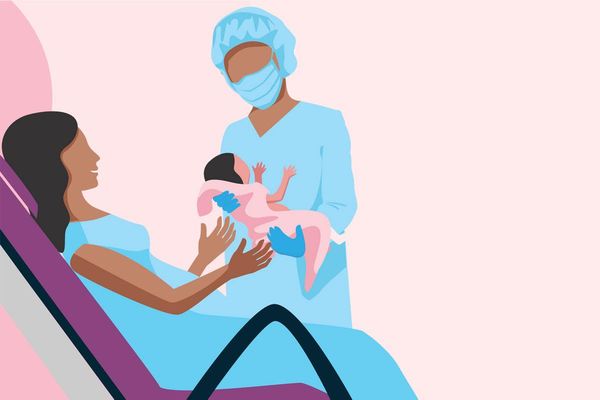It's no surprise that your body will change when you're expecting a baby, but if you've never been pregnant, you may not realize that there's more to it than just weight gain and morning sickness. While those two factors are certainly worth mentioning, the fact is your body will experience physical changes from head to toe.
Hormones: For Better or Worse
Your entire body will be affected by pregnancy, and the majority of those changes will be directly related pregnancy hormones like relaxin, estrogen, progesterone and human chorionic gonadotropin, also known as hCG. Did you know that your body is growing a new organ—the placenta—to deliver nutrients to your developing baby? The placenta, the only temporary organ, is also an endocrine organ, secreting the hormones necessary for pregnancy, labor and nursing.
This surge of natural chemicals is responsible for many changes. Some—like fuller breasts and thicker, shinier hair—may be welcome. Others may not make you so happy, but don't worry; most of the changes will go away once your baby is born.
The majority of women will experience at least some of the following signs and symptoms of pregnancy:
- Breast tenderness
- Gingivitis, an inflammation and bleeding of the gums
- Swelling of face, hands or ankles
- Widening of the hips
- Stretch marks
- Heartburn
- Constipation and hemorrhoids
- Wider and longer feet (sometimes a full shoe size!)
- Dizziness related to increased blood volume
Hormones are transforming your body into an efficient, healthy environment for your growing baby.
Stay Healthy During Pregnancy
Though many of these changes are inevitable, others may be prevented or minimized by staying on top of your health throughout pregnancy. This means making smart decisions when it comes to the food and drink you put into your body and the types of activities you engage in while you're pregnant.
For example, although stretch marks may be unavoidable, they may be minimized by gaining pregnancy pounds slowly and steadily, using topical creams such as cocoa butter and staying hydrated.
Also, eating regular, small meals throughout the day may help control morning sickness early in your pregnancy and heartburn in the final months. Staying hydrated and eating fiber-rich foods can minimize constipation and hemorrhoids.
Another good habit to keep up during pregnancy is the practice of good dental hygiene, including regular brushing and flossing, and visits to your dental professional for regular check-ups and cleaning.
Pregnancy is a busy, exciting time, but don't skip visits with any of your health care professionals. And be sure an alert them to any changes you notice in your body.
Pregnancy will affect every aspect of your body, but relax—it's only temporary!







